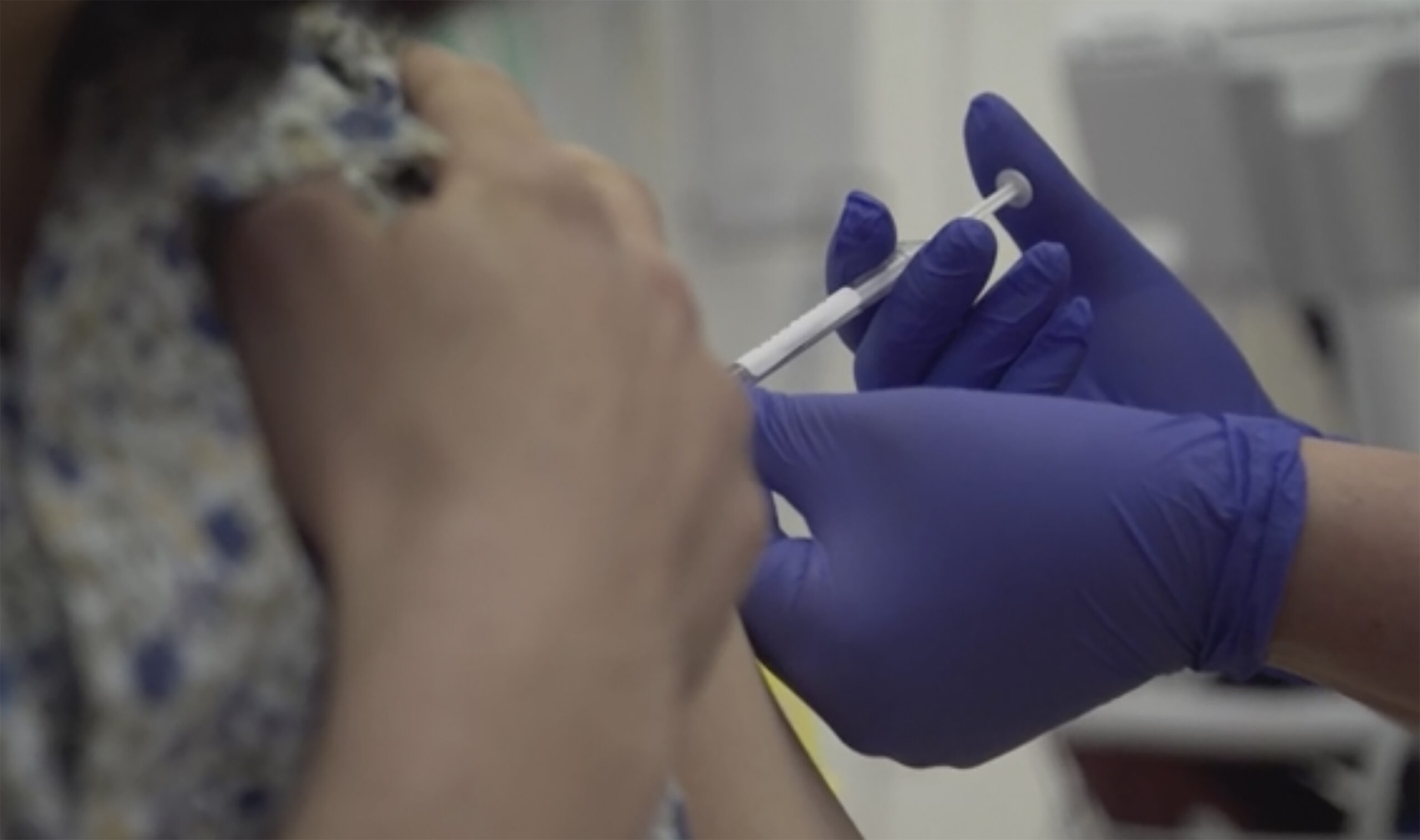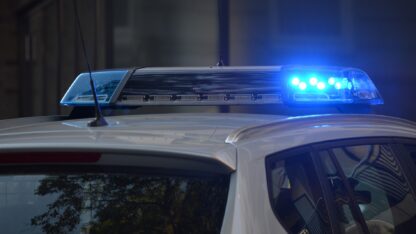If big bad COVID-19 is ever to be knocked down, it just might take a plucky grandmother from St. Simons Island to do it.
But Diane Durand is no hero, she says. Just a determined woman who stood up and took a shot in the arm for the rest of us.
That shot contained a vaccine being developed in part by the Pfizer pharmaceutical giant to combat the virus that has spawned a crippling and deadly worldwide pandemic.
Durand, 75, was among 44,000 people who took part in Pfizer’s recent clinical trials to develop an effective vaccine to stop COVID-19.
“It’s what I wanted to do because I wanted to give back,” Durand said Wednesday. “I wanted to be a part of something positive.”
Durand first learned about getting involved in the clinical trials from a friend who lives in Glynn County. The friend took part in the COVID-19 vaccine clinical trials conducted by the biotech company Moderna beginning in August.
So Durand obtained a number to call and reached out. After a phone interview with study organizers, Durand received a call back.
“It was a selling point that I live on St. Simons, which has a high volume of tourist traffic,” she said.
Durand made an appointment with the Encore Research Center in Jacksonville.
“I met with a doctor who checked to make sure I was healthy,” Durand said. “And they took a blood sample to show I didn’t have any antibodies in my system.”
Because it is a blind test, Durand would not know in advance if she was receiving the vaccine or a placebo, she said. Even the folks at Encore Research did not know whether the shots were placebo or vaccine, she said.
Durand received her first shot in early September. She immediately developed a mild fever which, she said, is a strong indication of receiving the vaccine and not the placebo. The fever cleared the next day.
“I’m not one who sits around and waits for everybody else to do something,” Durand said. “I want us to get through this, and the only way to get through this is to all work together and do our part.”
Durand is the mother and mother-in-law to Amanda and Palmer Fortune, proprietors of the popular Pier Village bistro, Palmer’s, as well as partners in The Porch restaurant nearby on the island. Social distancing and other preventive practices against the pandemic have caused financial strains for dining establishments and other service industry sectors.
Durand also has two young grandsons on St. Simons Island and a pair of young granddaughters in Tennessee. She would very much like to see a safe return to normalcy in society while they are all still young.
She said the “facts and the science” point to an effective vaccine against COVID-19 as the most direct path back to normalcy in society. But the vaccine will not work without the public’s trust in it, she said.
“People should not be afraid,” she said. “They should step up because a vaccine is only as good as the people who take it. If everybody doesn’t take it, then we’re not going to get through this pandemic.”
Durand received her second vaccine shot in October. She experienced no noticeable side effects other than the quickly subsiding fever.
“I had an elevated temperature after each shot,” she said.
Trial moderators took blood samples from Durand after she received each vaccine shot. Shortly after her participation in the trials, Durand had a blood sample drawn at a local clinic. The blood showed positive for antibodies, she said, proof that she received the vaccine rather than placebo.
Pfizer and its German partner BioNTech reported last month that the vaccine proved more than 90 percent effective in stopping COVID-19 during the trials.
The European Union said this week it hopes to approve the vaccine before the end of the year. In America, Pfizer hopes to hear from the U.S. Food and Drug Administration as early as Dec. 10 on its request to authorize the vaccine in emergency cases.
Vaccines traditionally employ inactivated doses of the offending virus to teach the body’s immune system to recognize and defend against the threat.
This new vaccine employs genetic strands called mRNA to produce proteins endemic to the virus, which in turn triggers the body’s immune system to defend against the virus, according to the CDC.
“I wanted to be part of the solution,” Durand said. “Also I wanted to know what was really going on. I’m tired of the misinformation and people being afraid. This process takes all of us working together. I had a very small part in this. But I had a part.”









